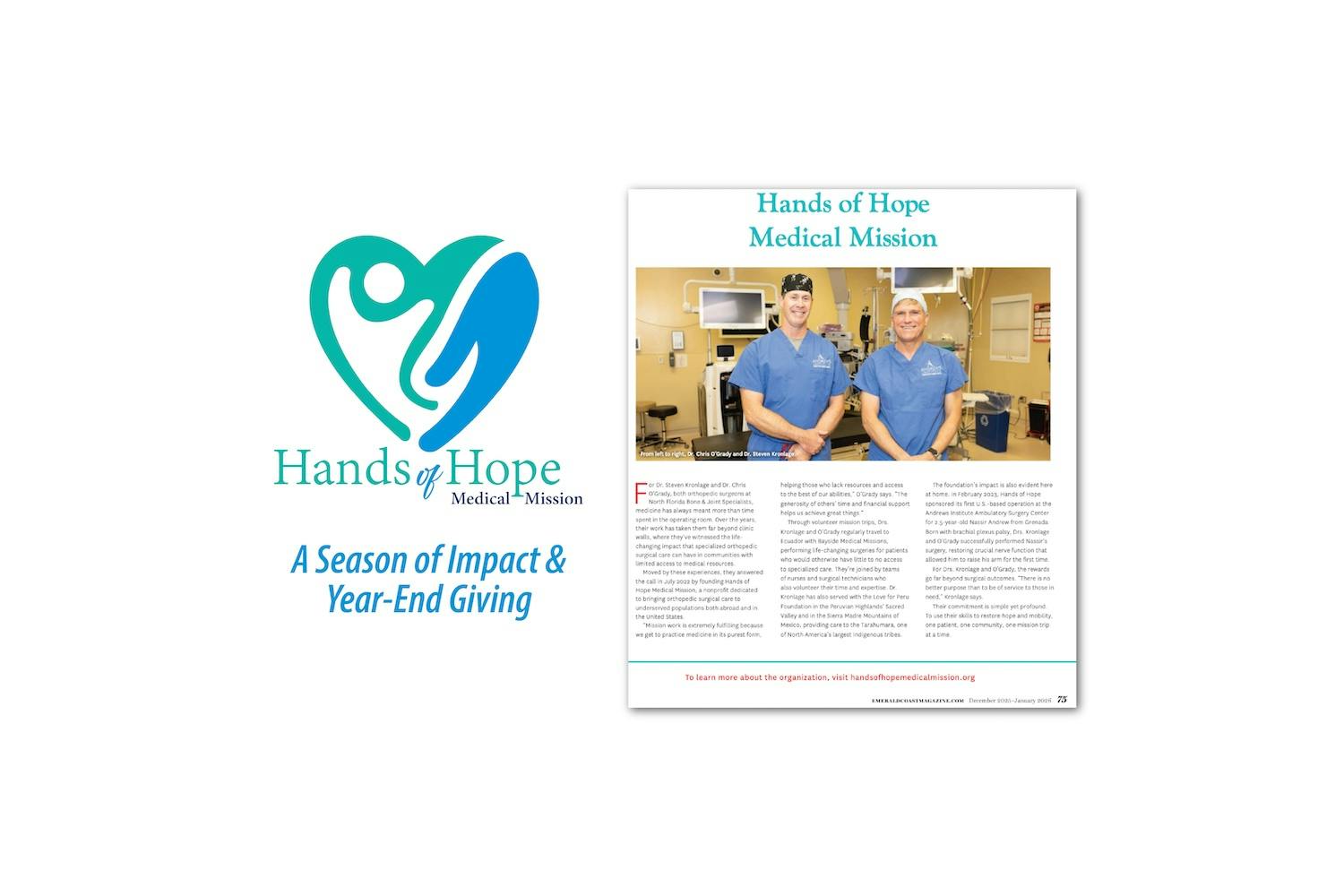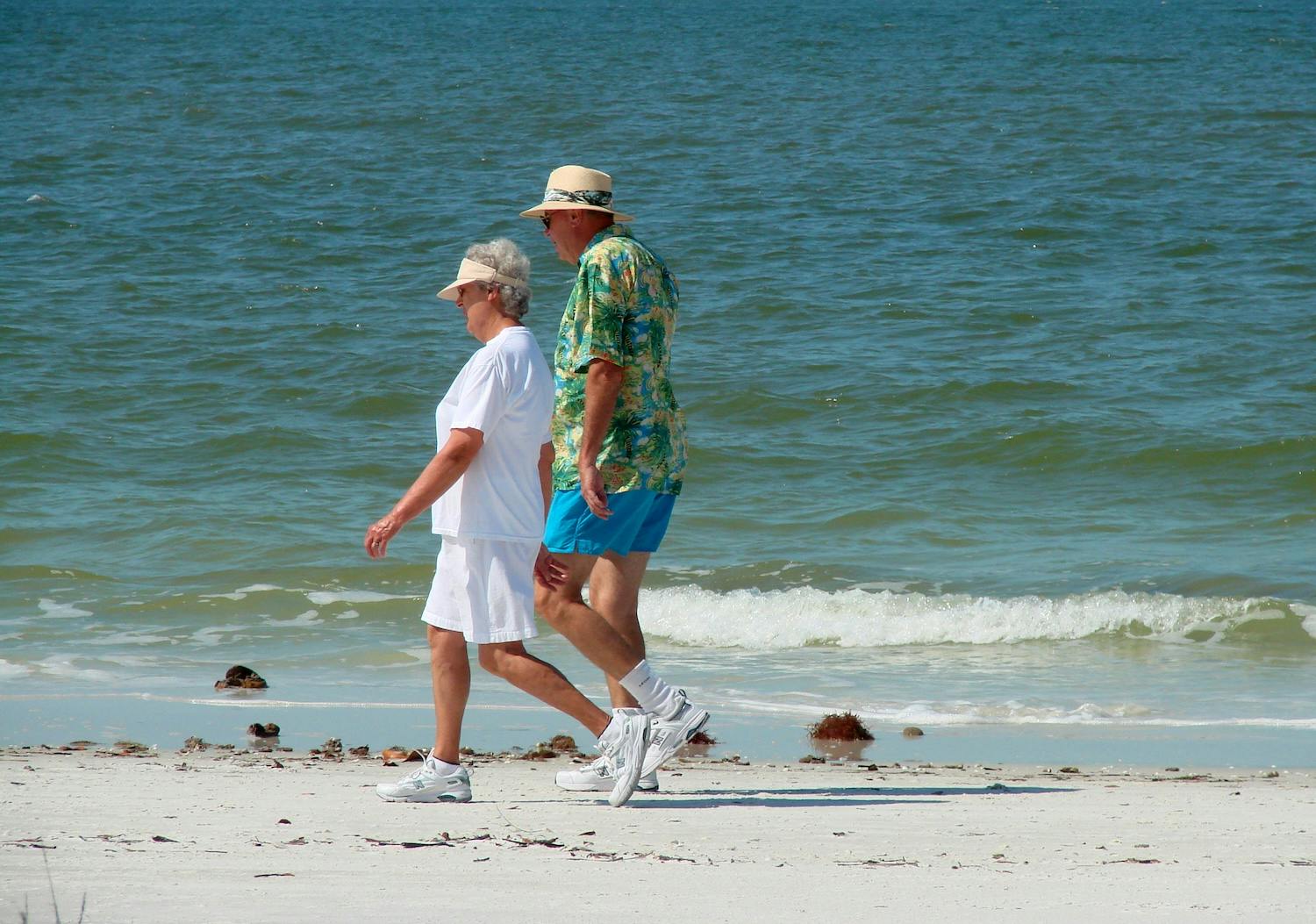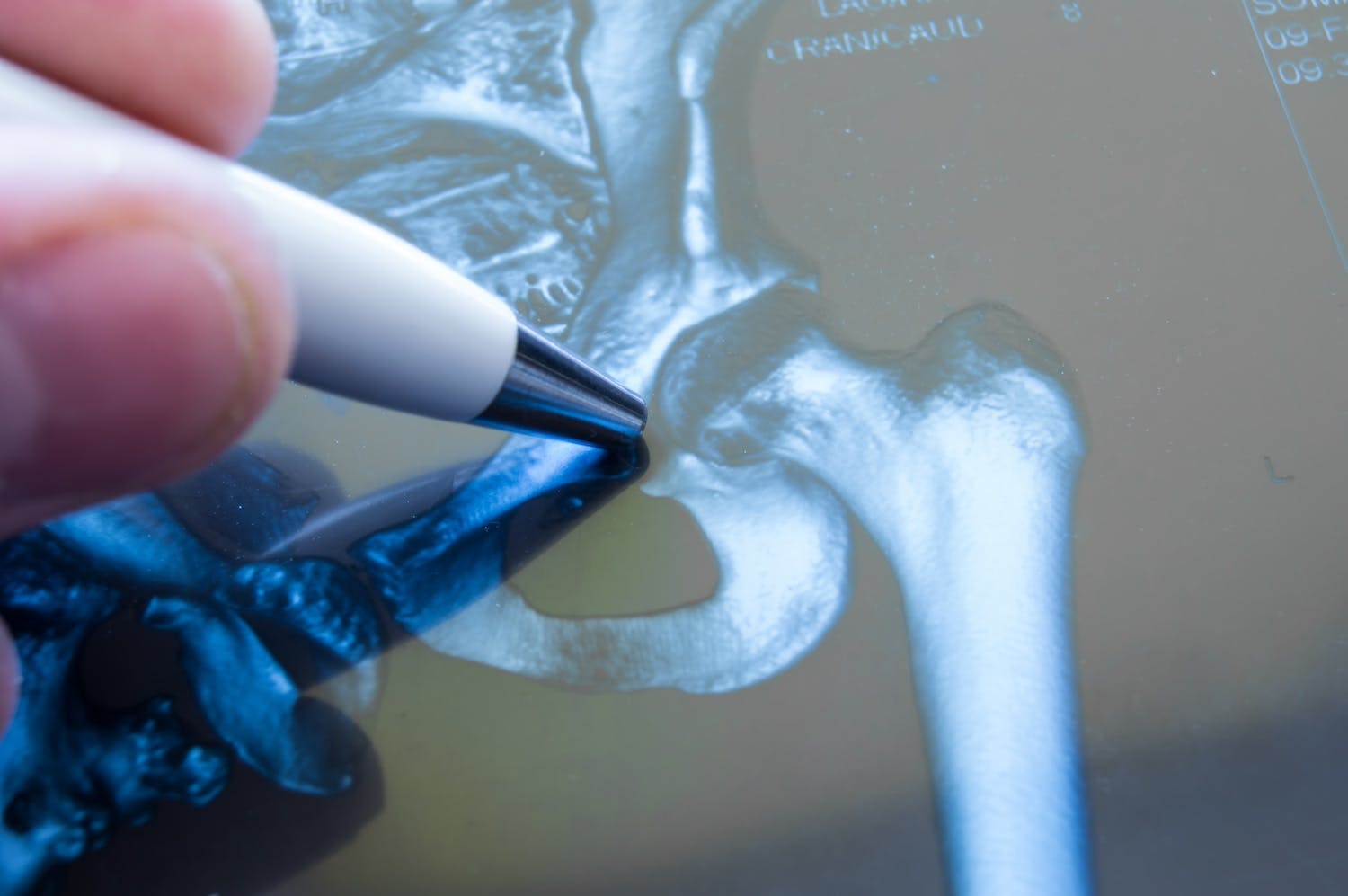- Blog
Selecting Shoulder Replacement
Posted on 02-13-2026 in Shoulder & Total Shoulder Replacement by Dr. Chris O'Grady

Posted on 02-13-2026 in Shoulder & Total Shoulder Replacement by Dr. Chris O'Grady
Each year, approximately 50,000 people in the United States undergo shoulder replacement surgery, also referred to as shoulder arthroplasty. This procedure involves using artificial devices to replace damaged bones and arthritic joint surfaces. It is crucial that individuals who are considering shoulder arthroplasty choose an experienced and skilled board-certified orthopedic surgeon.
The Anatomy of the Shoulder
Due to the shoulder’s extraordinary range of motion, it is an amazing piece of the human body. The shoulder’s incredible range stems from its internal construction. The shoulder consists of the clavicle (collarbone), scapula (shoulder blade) and humerus (upper arm bone). All three of these bones join to form the shoulder joint. The humeral head (upper arm bone) fits perfectly into the socket of the glenoid (scapula bone), once these two bones are joined, this part of the shoulder is commonly referred to as the ‘ball-and-socket' joint. The ball-and-socket joint allows the shoulder’s wide-ranging motion. The cartilage in the shoulder is essentially a smooth cushion that allows for easy and painless movement of the shoulder.
Degeneration Can Lead to Chronic Pain
As time passes, the ball-and-socket joint degenerates. This degeneration frequently occurs due to arthritis or a shoulder fracture, both of which cause the smooth surfaces of the cartilage to become rough. The bones in the shoulder begin to rub against one another, resulting in pain. In the event that conservative treatments fail, Dr. O’Grady may recommend surgical intervention as a means to reduce the patient’s pain and restore or improve his/her range of motion.
Common Causes of Chronic Pain
Degenerative Joint Disease (Osteoarthritis)
Osteoarthritis is a ‘wear and tear’ kind of arthritis that typically occurs in individuals who are 50 years or older; however, on occasion, osteoarthritis has occurred in those younger than 50 years of age. This condition causes the cartilage to soften and wear away, which leads to stiffness and pain in the shoulder joint as the bones begin rubbing against each other. Unfortunately, osteoarthritis cannot be prevented.
Rotator Cuff Tear Arthropathy
An individual who has a large, long-standing tear in the rotator cuff may develop the condition cuff tear arthropathy. With this condition, changes in the shoulder joint (caused by the rotator cuff tear) can lead to the destruction of the cartilage in the joint and arthritis.
Post-Traumatic Arthritis
This condition can occur following a serious injury to the shoulder, such as tears in the ligaments or tendons of the shoulder that may damage articular cartilage or fractures of the bones making up the shoulder. Post-traumatic arthritis causes pain in the shoulder as well as limited mobility.
Rheumatoid Arthritis
This disease affects the synovial membrane surrounding joints. When an individual has rheumatoid arthritis, the synovial membrane inflames and thickens. This chronic inflammation eventually causes loss of cartilage as well as stiffness and pain.
Severe Shoulder Fractures
A severe shoulder fracture is another reason people choose to have a total shoulder replacement. If the head of the shoulder’s upper arm bone is shattered, Dr. O’Grady may find it extremely difficult to put these pieces back in place. Furthermore, the blood supply to these pieces may be interrupted. In a case such as this, Dr. O’Grady will most likely recommend that the patient has shoulder replacement surgery.
Osteonecrosis (Avascular Necrosis)
Osteonecrosis is a condition that occurs when the blood supply to the bone is interrupted. The loss of blood supply causes bone cells to die, this condition can eventually cause deterioration of the shoulder joint, eventually leading to arthritis. Some of the risk factors associated with avascular necrosis include sickle cell disease, deep sea diving, chronic steroid use, heavy alcohol consumption and a severe fracture of the shoulder.
Failed Shoulder Replacement Surgery
While a failed shoulder replacement is uncommon, some replacements do fail. Usually, failure occurs due to dislocation, infection, wear and tear or loosening of the implant. If this happens, revision surgery may be necessary.
Who Benefits from Total Shoulder Replacement Surgery?
You may benefit from surgery if you have:
Dr. Christopher O’Grady is a Gulf Breeze, FL, Board Certified Orthopaedic Surgeon who specializes in performing shoulder reconstruction surgery, shoulder replacement surgery as well as arthroscopic shoulder surgery. He also holds a Certificate of Added Qualifications in Sports Medicine. If you are experiencing shoulder pain, it is essential that you have it evaluated; otherwise, further damage may occur.

North Florida Bone & Joint Specialists is honored to share the Hands of Hope Medical Mission feature in the newly released December 2025/January 2026 issue of Emerald Coast Magazine. As part of the Medical Profiles section of this edition, the article highlights how two of our own, Dr. Steven Kronlage and Dr. Chris O'Grady, volunteer their time and talents to bring compassionate orthopaedic care to communities with limited access to medical services.

September is Healthy Aging Month, an observance dedicated to promoting the positive aspects of growing older and encouraging proactive steps toward maintaining long-term health. In its 33rd year, Healthy Aging Month inspires adults of all ages to focus on lifestyle habits that support vitality, independence and overall well-being.

Ischiofemoral Impingement (IFI) is a lesser-known but often painful condition affecting the hip joint. This condition arises when the ischium (a bone in the pelvis) and the femur (the thigh bone) come into abnormal contact, which compresses soft tissues surrounding the hip. While the discomfort typically manifests in the buttocks or groin, particularly when moving the hip or walking, it can also present as low back pain, making it challenging to diagnose early. Additional symptoms and causes include discomfort during prolonged sitting, reduced range of motion, stiffness and/or tightness in the hip area.